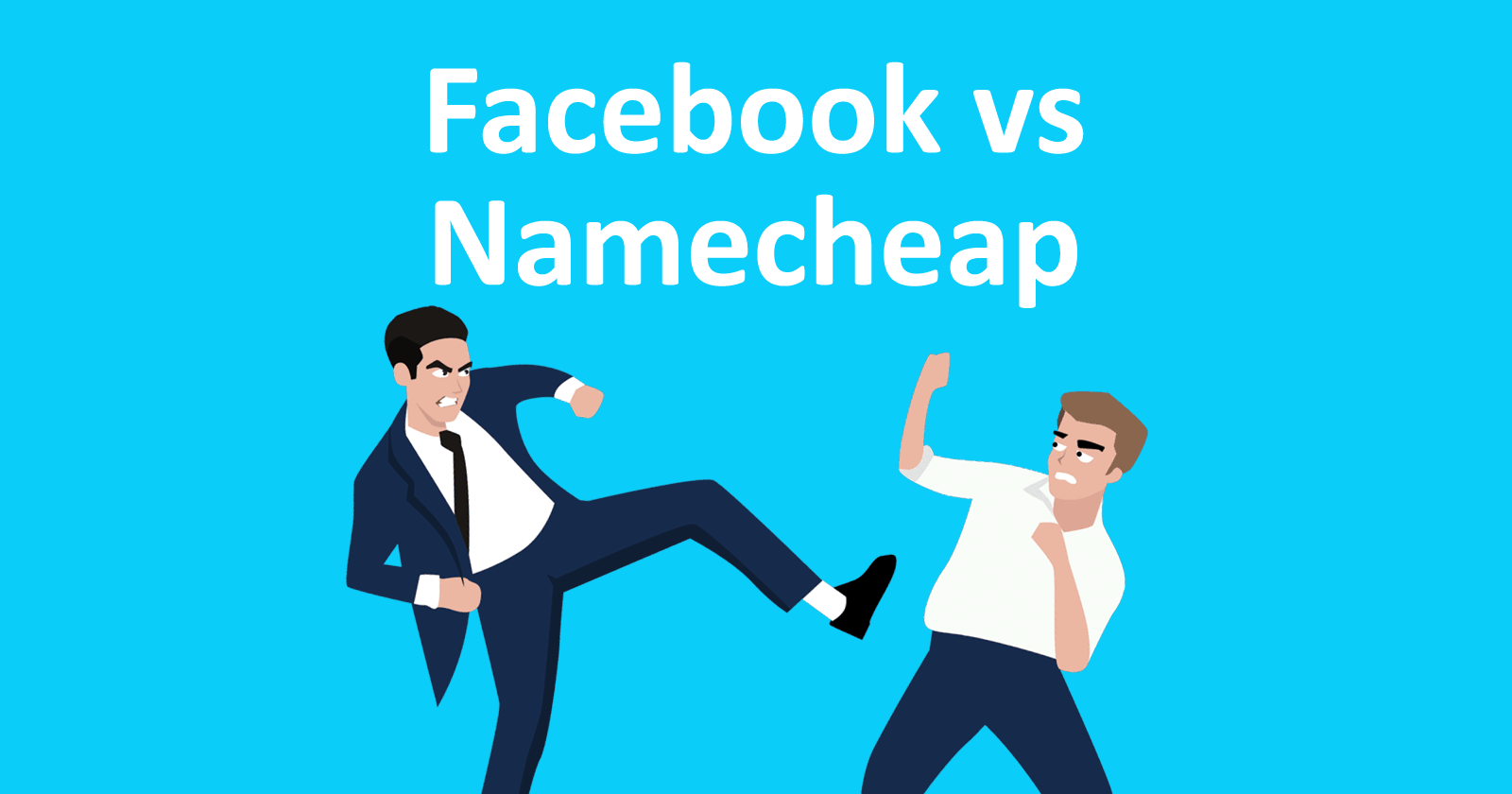Facebook filed a lawsuit against domain name registrar, Namecheap and Whoisguard. Facebook accused them of not cooperating over domains that infringed Facebook trademarks. Namecheap accused Facebook of attacking customer rights to privacy and due process.
Facebook Copycat Domains
Facebook claimed that numerous domains were registered with the Namecheap affiliated company Whoisguard that resembled the domains of Facebook related sites.
Facebook offered these domains as examples of infringing domains:
- instagrambusinesshelp.com
- facebo0k-login.com
- whatsappdownload.site
The practice of registering a domain name that resembles a trademarked brand name is called cybersquatting or domain name squatting.
Ordinarily this kind of activity is commonly resolved through a Cease and Desist letter sent from the offices of an attorney.
But that can’t be done when the domain name registrant is hidden and masked from public view. Whoisguard is a service that hides the name of the domain name registrant.
There are many good reasons to hide a domain name registrant’s name that are related to privacy and preventing spam emails.
Namecheap Stands Up for Privacy and Due Process
Namecheap says they are protecting customer privacy and due process. Namecheap stated that Facebook is trying to bypass legal protections.
Namecheap stated they do not voluntarily reveal customer information of Whoisguard protected domains without a court subpoena.
Namecheap’s CEO stated:
“Where there is no clear evidence of abuse, or when it is purely a trademark claim, Namecheap will direct complainants, such as Facebook, to follow industry-standard protocol. Outside of said protocol, a legal court order is always required to provide private user information.
Facebook may be willing to tread all over their customers’ privacy on their own platform, and in this case, it appears they want other companies to do it for them, with their own customers.
This is just another attack on privacy and due process in order to strong-arm companies that have services like WhoisGuard, intended to protect millions of Internet users’ personal private data.”
But according to Facebook the privacy services were being used to hide the source of the alleged trademark infringement.
Namecheap’s copyright and trademark infringement policy seems to apply only to content and not to the domain name itself.
“You should be aware that if Namecheap acts only as the domain registrar, and does not provide hosting services in respect of the disputed content, we do not have the technical ability to take action in response to a DMCA notice. You will need to contact the hosting provider.”
There are other laws such at the Anticybersquatting Consumer Protection Act (ACPA) that says the trademark owner may sue the domain name registrant.
Namecheap has a page about cybersquatting where it says this:
“…trademark holders will sometimes sue people for cybersquatting, demanding $100,000 or more from the cybersquatter.
Most of the time, however, trademark owners will either contact the domain name owner requesting them to turn the domain over, or they may file a cybersquatting complaint under the Uniform Domain-Name Dispute-Resolution Policy (UDRP).”
Facebook tried to take action against the domain name registrants that they allege violated their trademarks but were thwarted by Whoisguard.
According to the lawsuit, Namecheap and Whoisguard did not pass along the domain name registrant’s information.
This is what Facebook published:
“We sent notices to Whoisguard between October 2018 and February 2020, and despite their obligation to provide information about these infringing domain names, they declined to cooperate.”
Read Facebook’s announcement here:
https://about.fb.com/news/2020/03/domain-name-lawsuit/
Read Namecheap’s response:
Namecheap Stands Firm Against Efforts to Undermine Customer Privacy


